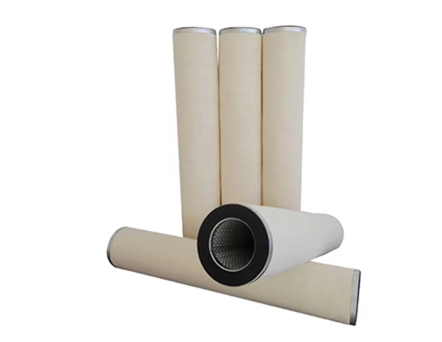 Tel:
+8615930870079
Tel:
+8615930870079
Jul . 25, 2024 15:29 Back to list
Optimizing Air Filtration Systems for Enhanced Efficiency in Gas Turbine Operations and Performance
Importance of Gas Turbine Air Intake Filters
Gas turbines are essential components in various industries, including power generation, aviation, and marine applications. They operate by converting the energy from fuel into mechanical energy through a series of combustion and turbine processes. However, the performance and efficiency of a gas turbine heavily depend on the quality of the air it intake. This is where air intake filters come into play; they are crucial for ensuring optimal operation and longevity of gas turbines.
The Role of Air Intake Filters
Air intake filters serve a vital role in the gas turbine system. Their primary function is to remove contaminants from the air before it enters the turbine. Contaminants can include dust, dirt, salt, and other particulates that can harm the turbine's internal components. By preventing these substances from entering the combustion chamber, air filters help maintain the turbine's efficiency and reliability.
Types of Air Intake Filters
There are several types of air intake filters suited for gas turbines
1. Mechanical Filters These filters use various materials, including woven fabrics and synthetic media, to physically capture particles in the air. The effectiveness of these filters is often determined by their MERV (Minimum Efficiency Reporting Value) rating, which measures their ability to remove particles of different sizes.
2. Electrostatic Precipitators These filters use an electric charge to attract and capture airborne particles. They are effective in environments with high levels of airborne pollution, offering a more sustainable approach as they can be cleaned and reused.
gas turbine air intake filter

3. High-Efficiency Particulate Air (HEPA) Filters Known for their exceptional filtration capabilities, HEPA filters can capture up to 99.97% of particles that are 0.3 microns in diameter. They are typically used in critical applications where air quality is paramount.
4. Oil-Wetted Filters In some cases, oil-wetted filters are used to trap particulates while providing a degree of lubrication to the airflow. These filters are popular in marine applications where saltwater and humidity are prevalent.
Maintenance and Monitoring
Proper maintenance and monitoring of air intake filters are crucial to ensure the gas turbine operates at peak efficiency. Over time, filters can become clogged with dirt and debris, leading to reduced airflow and increased pressure drop across the filter. This can result in decreased turbine performance and higher fuel consumption. Regular inspection and replacement of filters based on operational conditions are imperative.
Implementing a scheduled maintenance program that includes filter checks can also help detect any potential issues before they escalate. Monitoring systems that track airflow and pressure can provide real-time data, alerting operators to any significant changes that may indicate a clogged filter.
Conclusion
In summary, air intake filters play a critical role in the efficient operation of gas turbines. They protect the turbine from harmful contaminants, ensure optimal performance, and prolong the life of the equipment. Given the diversity of environments in which gas turbines operate, choosing the right type of filter and maintaining it properly is vital. As technology advances, the development of more effective and sustainable filtration systems continues, driving improvements in turbine efficiency and reliability across various industries. Investing in high-quality air intake filters and maintaining them diligently is a smart strategy for maximizing the potential of gas turbine systems.
-
Types and Applications of Air Filtration CartridgesNewsJul.28,2025
-
The Role of Gas Turbine FiltersNewsJul.28,2025
-
Mastering Air Filter Cartridge UseNewsJul.28,2025
-
Advanced Turbine Filters for Modern Gas TurbinesNewsJul.28,2025
-
Cellulose Air Filter Cartridge Advantages in Dust FiltrationNewsJul.28,2025
-
Cellulose Filters for Air Particle ReductionNewsJul.28,2025

 Email:
Email:





